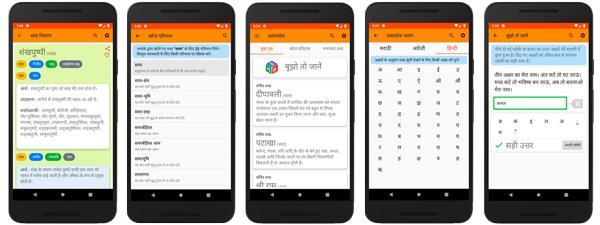It’s a well established fact that in cases on unexpected and unfortunate road accidents, an insurance policy comes to our rescue. To get any other kind of Insurance policy is completely based on our discretion and convenience. But various laws in Bharat mandate, that a vehicle owner ought to have a Vehicle Insurance Policy at all times.
Vehicles required to have Insurance
Every motor vehicle is obligated to come with a Vehicle Insurance. Based on Indian laws, all two-wheelers, three-wheelers and four-wheelers [motorised vehicles], are required to have a Third-Party Insurance. A rule as passed in 2018 by Insurance Regulatory and Development Authority India (IRDAI); even battery-operated vehicles including E-Rickshaw etc. also need to have these insurance policies.
Third Party Insurance is an arrangement between Vehicle Owner, Insurance Company and Third Party. Based on the commonly accepted narrative and rules of Insurance Companies, a third party incorporates any person or entity which suffers any physical/economic harm as a result of a mishap caused by Insured Vehicle of the Vehicle Owner. Under the purview of Third-Party Insurance Regulations, the Insurance Companies pay towards the compensation of the Third Party as incurred by the Vehicle Owner.
Importance of Vehicle Insurance
Abiding by the Law: Based on Indian Road Transport rules and Indian Motor Vehicle Act, if at any instance you’re found without the original or photocopy of your Insurance Registration Certificate; it’ll be considered an offence. (Except in cases when the insurance copy has been issued in the last 7 working days).
Unexpected Accident Saviour: Vehicle insurance directly helps us in situations of settling compensation in cases of Road accidents, theft and other issues wherein there is a threat to life and property.
Exclusive Fact: Based on survey it has been found that in India as much as 30% vehicle owners do not pursue vehicle insurance. Among these owners the maximum share goes to two-wheeler owners.
While it is also true that Maximum Road accidents in Bharat involve Two Wheelers only. Those owning a Two-wheeler vehicle should keep this finding in considerations.
Vehicle Insurance Claim procedure
The first step in cases of vehicle accident or theft is to file an FIR (First Information Report). In case of your involvement in road accident your license, vehicle registration and in case of your being a bystander/onlooker your name, identification and contact details are required to be presented to dedicated authorities.
After registering the FIR you may visit the nearest regional office of your Vehicle Insurance Company and fill in the requisite form for presenting your insurance claim. You’ll have to collect and arrange for original expenditure sheets and receipts for due references.
There is no destined limit to the amount of claim sum that might be provided to the third party in case of injury or death due to a road accident by your vehicle. The Claim sum to be remitted is decided solely by Court of Law and delivered by the Insurance Company to the third party.
Things to remember while submitting vehicle insurance claim
Establishment of Vehicle Owner’s fault by Victim: It is the duty of victim/third-party or representative to prove the fault of vehicle owner in case of road accident and physical or property losses incurred thereon. But such a claim can only be made once. The claim sum as decided by Court of Law is the final word in such cases.
Predictive Valuation of Insurance Claim prior to Claim application: In all circumstances including loss of life and harm to vehicle or property otherwise; it is suggested that you evaluate the tentative expenditure involved in compensation and restoration.
Also, evaluate the benefit of additional no-claim bonus that you might receive from your next insurer company in the name of a claim free insurance cycle, if you chose to do so. Thus, you may be able to draw inference if claiming for insurance to settle at the instance would be a wise decision or not.



